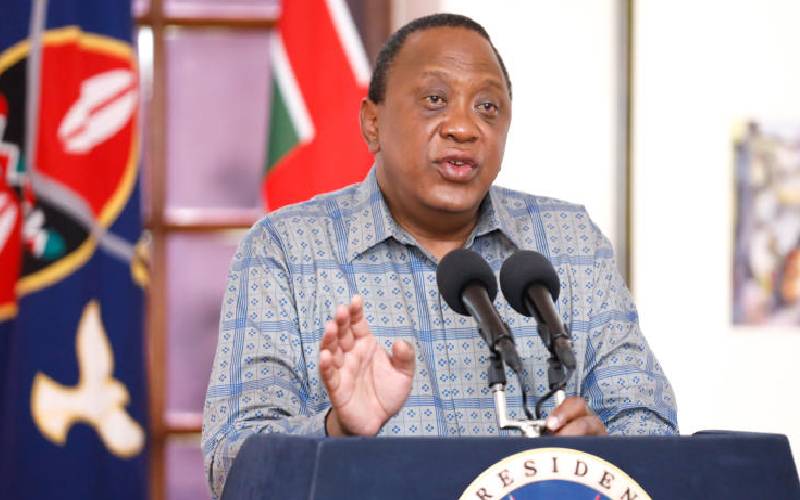×
The Standard e-Paper
Fearless, Trusted News

Sedef Turper and Kees Aarts of the University of Twente in the Netherlands define political trust as “citizens’ confidence in political institutions”. They further say that it is an important indicator of political legitimacy. Simply defined, political legitimacy is the belief in the righteousness of political institutions and the administration of which they are part.